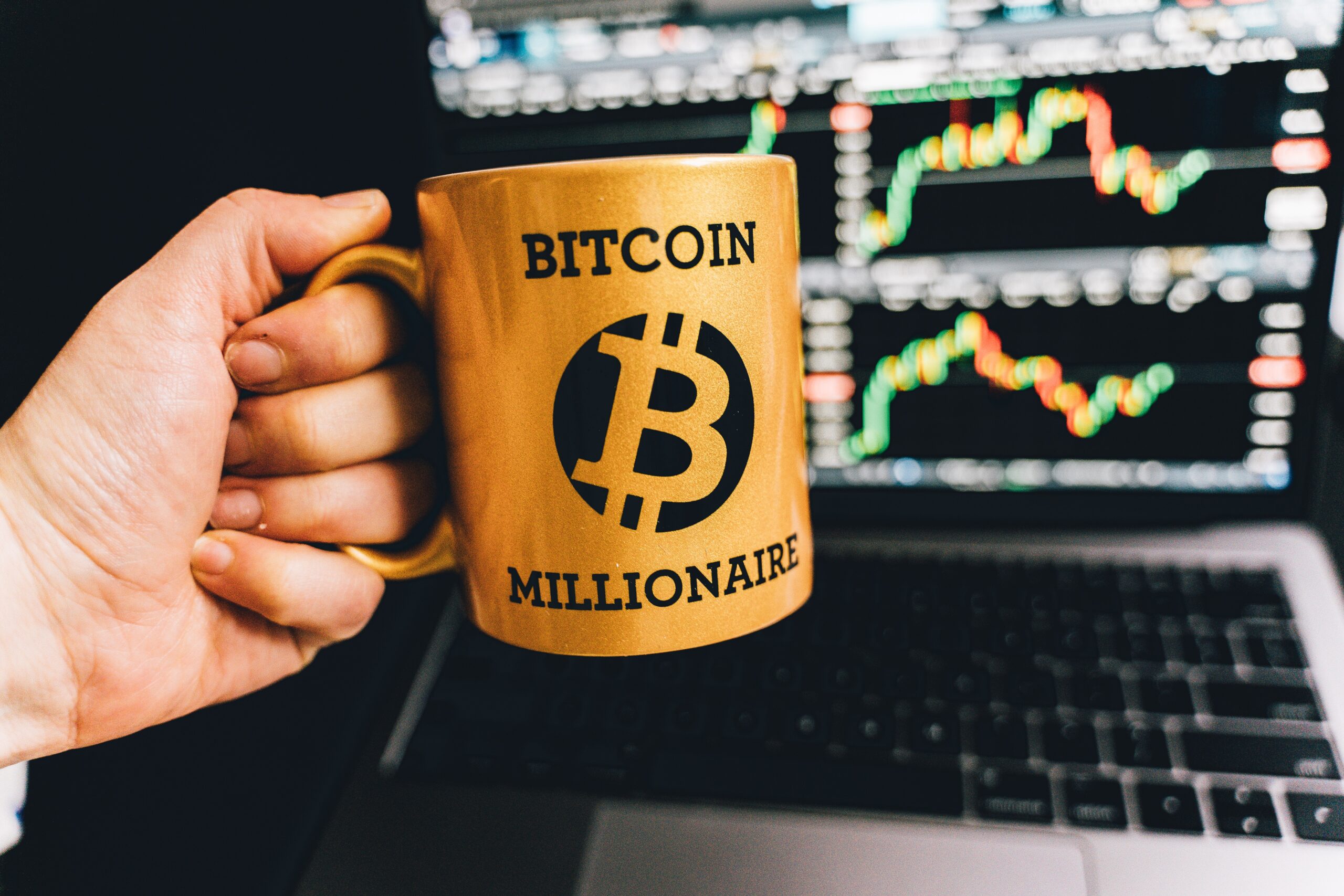Decentralized finance (DeFi) is a rapidly growing trend that is transforming the financial landscape. DeFi offers new investment opportunities and financial services that are decentralized, transparent, and accessible to anyone with an internet connection. In this article, we will explore the rise of DeFi and its potential impact on personal finance.
Table of Contents
What is Decentralized Finance (DeFi)?
Decentralized finance, or DeFi, is an advanced financial system built on blockchain technology. In a nutshell, blockchain refers to a distributed electronic register that securely documents transactions in an open and transparent manner. DeFi uses smart contracts, which are self-executing contracts that automatically enforce the rules and regulations of a financial transaction. This means that there is no need for intermediaries like banks or financial institutions, which can reduce costs and increase accessibility to financial services.
DeFi offers a wide range of financial services, including peer-to-peer lending, decentralized exchanges, stable coins, and digital asset management. Irrespective of their geographical location or financial standing, anyone with an internet connection can avail themselves of these services.
How DeFi is Impacting Personal Finance?
DeFi is rapidly transforming the financial landscape, offering new investment opportunities and financial services. Here are some of the ways that DeFi is impacting personal finance:
- Investment Opportunities: DeFi offers a wide range of investment opportunities that were previously inaccessible to the average investor. Decentralized exchanges allow anyone to buy and sell digital assets without the need for intermediaries like banks or financial institutions. This means that investors can invest in digital assets like cryptocurrency, which have the potential for high returns but also come with high risk.
- Lower Fees: Compared to conventional financial transactions, DeFi transactions are generally less expensive. This is because there are no intermediaries involved, which can reduce costs and increase accessibility to financial services.
- Transparency: The blockchain enables DeFi transactions to be transparent and publicly visible. This means that investors can track their investments in real-time and have a clear understanding of the transaction history.
- Accessibility: Regardless of their financial status or geographical location, DeFi provides financial services that are available to anyone with an internet connection. This means that people who are unbanked or underbanked can access financial services that were previously unavailable to them.
- Decentralization: DeFi is decentralized, which means that there is no central authority controlling the financial system. This can reduce the risk of fraud and corruption, and increase the security of financial transactions.
Potential Risks of DeFi
While DeFi offers many benefits, it also comes with potential risks. Here are some of the risks associated with DeFi:
- Market Risk: DeFi investments are typically high risk and can be volatile. This means that investors can experience significant losses if the market turns against them.
- Regulation: DeFi is largely unregulated, which can increase the risk of fraud and scams. Investors should be cautious when investing in DeFi projects and do their due diligence before investing.
- Smart Contract Risk: DeFi uses smart contracts, which are self-executing contracts that automatically enforce the rules and regulations of a financial transaction. However, smart contracts can be vulnerable to bugs and security breaches, which can result in losses.
- Liquidity risk: DeFi platforms rely on liquidity to function properly. If there is not enough liquidity on a platform, users may not be able to execute trades or withdraw their funds.
Tips for Exploring Decentralized Finance (DeFi)
If you are interested in exploring decentralized finance (DeFi), here are some tips to help you get started:
- Do your research: DeFi is an emerging field, and there is a lot of information to digest. Make sure you do your research and understand the risks and potential benefits of DeFi before investing any money.
- Start small: DeFi can be complex, and it is important to start small and gradually build your knowledge and experience.
- Use reputable platforms: There are many DeFi platforms out there, and it is important to use reputable platforms that have a proven track record.
- Diversify your portfolio: DeFi offers a wide range of investment opportunities, and it is important to diversify your portfolio to manage risk.
- Keep your private keys safe: DeFi platforms require you to use a private key to access your funds. Make sure you keep your private key safe and secure, as losing your private key can result in the loss of your funds.
Conclusion
Decentralized finance (DeFi) is a new and rapidly evolving industry that has the potential to transform the financial system as we know it. DeFi is decentralized, accessible, programmable, and interoperable, which makes it more transparent, secure, and efficient than traditional finance.
However, DeFi also has several risks that investors need to be aware of, including bugs, vulnerabilities, security breaches, volatility, lack of regulation, and complexity.
The impact of DeFi on personal finance could be significant, providing people with access to financial services, an alternative to traditional banking, and opportunities to invest and grow their wealth. However, investors need to be well-informed and educated before investing in DeFi to avoid significant financial losses.
In conclusion, DeFi is a promising and exciting development in the world of finance. However, investors need to approach DeFi with caution and due diligence to realize its potential benefits while avoiding its risks.

